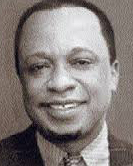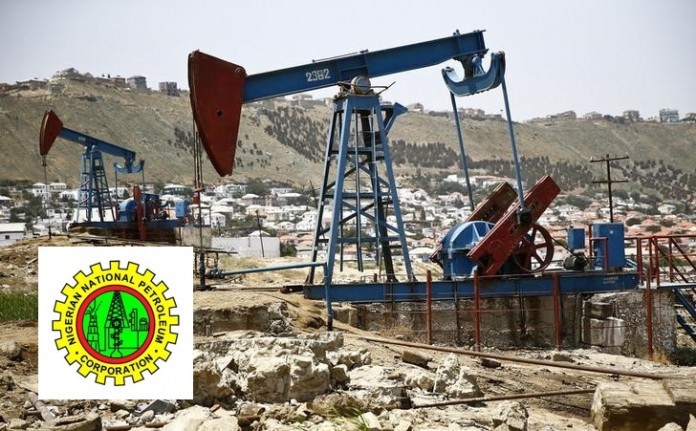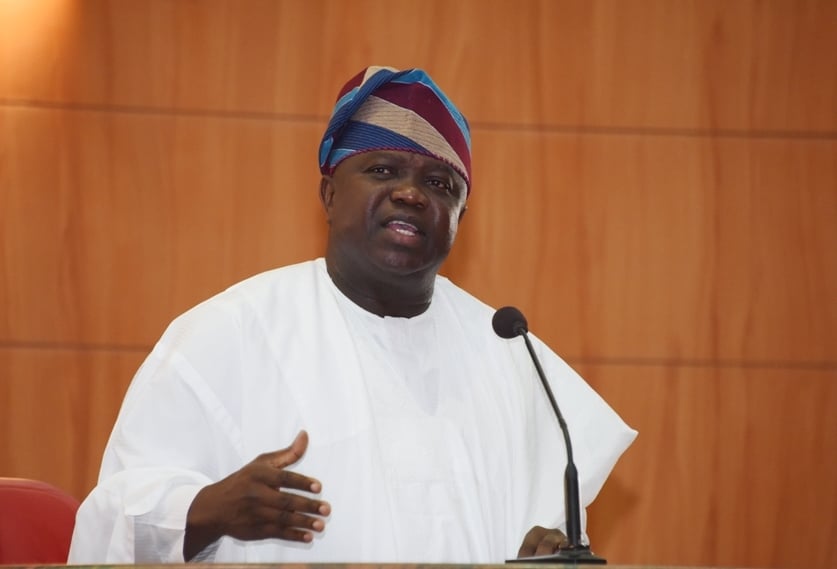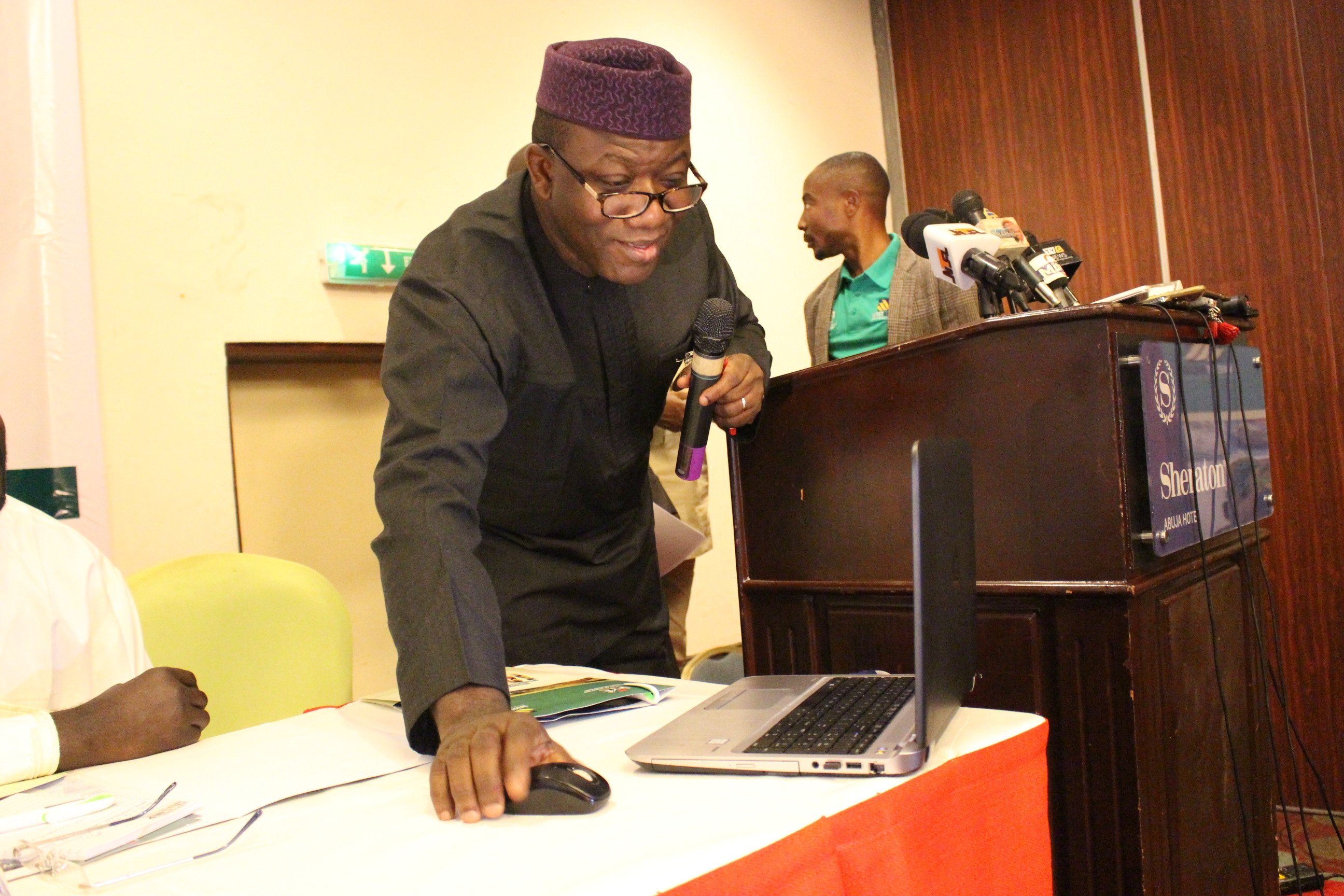Like a planned incident, last week, three stories were coincidentally published by different newspapers on this subject; one by this author, deepening the debate on the viability of the renewed push for oil exploration in the frontier basins in the north.
At the centre of the debate is still the prospect of a major oil find in the frontier basins.
Oppositionists insisted last week the search is wasteful because years of exploration have yielded nothing of interest to investors. One of them, a geologist and a former staff of an oil major, was elated by stories that confirmed his position. “The frontier basins have nothing to offer,” he repeated.
But the president of Nigerian Association of Petroleum Explorationists (NAPE), Abiodun Adesanya, responds with an analogy of the search for the cure of diseases such as AIDS and major inventions, explaining that some could be long processes which improve over time until success is achieved.
Advertisement
While he worries that no conclusive evidence has been provided by oppositionists to prove that there is no oil in the North, he believes that science and available data support the need to continue the search.
“It is an incontrovertible fact that the petroleum system has been established in the frontier basins,” he says. “This includes finding a source rock, reservoir rock and a conduit that links the two. Once these have been established, there is encouragement to drill for further examination. In the past some of these exercises were done in a hurry.”
He finds collaboration in the Group General Manager Public Affairs Division of the NNPC, Mr. Ndu Ughamadu, who explains that, “oil exploration activities and operations, worldwide, are long term investments and efforts.
Advertisement
“In some cases, it takes years to make a find. Making a find is not the issue but doing that in commercial and reasonable quantities. In the Chad Basin, for example, neighboring countries have struck oil. The search took them years.
“In our portion of the Chad Basin, prospects of oil in commercial quantities are high and bright. Were it not for the security challenges there, NNPC would have gone far in its efforts. Imagine, we lost lives. And, it takes years to develop oil exploration personnel.
As regards, Benue Trough, Nassarawa and Benue states in particular, prospects for oil find are high. Oil exploration requires patience and understanding”
Former Shell expert
Advertisement
The former Shell Nigeria director and respected geologist, who had urged the country not to walk away from the Chad basin, added during the week that:“The Basin tectonics of the place is irrefutable. The evidence of the opening and closing of the Benue Trough is there – the Andesites.
“We don’t even need to discuss the Chad Basin, the evidence is there across the border. BUT I said the sediment thickness and volcanic MAY go against us on our side. If we decide to close our eyes to the science because of political hatred, may God have mercy on us and forgive us.”
The former director, had said last week that: “Take Chad Basin: you have hydrocarbons on the Chad side but we have not been lucky to find them on our side in commercial quantities. Reason: sediment thickness, trapping conditions and geothermal history – looks like (emphasis mine) the volcanics that occurred in that trend (and there is evidence in the Biu area) may have resulted in “over cooking” and compromised the trapping. My conclusion: don’t walk away from such a basin. Invest in solid high fidelity data acquisition and processing, followed by AND accompanied by ‘okponku’ i.e. sound basin studies.
“The same goes for Anambra basin – there the volcanics resulting from the failure of the ’opening of a sea’ linked to the Atlantic…..and maybe the Mediterranean! (plate tectonics) may have over cooked the sediments there.”
Advertisement
Politics
From the other side of the debate also comes the argument that the whole process has been politicized to score political points from a fruitless exercise. The Executive Director, Civil Society Legislative Advocacy Centre (CISLAC), and Head of Transparency International Nigeria, Auwal Musa, is reported to have said: “We should not bring regional politics to everything that can benefit the entire country. The project has not been seen as a national effort to diversify revenue. If it is seen as something meant for national interest, I don’t think there is the need for the Sokoto State governor or anyone to lobby. There are signals that it is going to favour one particular region.”
Advertisement
A report was been made last week of the visits to and hosting of the Group Managing Director of NNPC, Dr Maikanti Baru by some governors and the issues discussed as follows.
Benue: Recently in Makurdi, where he hosted Baru, Benue State Governor, Samuel Ortom enthused: “Benue people would be excited to have such projects come to fruition, because the state and country stand to reap numerous economic benefits from the development.”
Advertisement
Baru had assured him of oil exploration activities and biofuel projects in the state, expected to generate over one million direct and indirect jobs for the people of the state. According to him, “Due to encouraging results of previous geological studies, basin modeling, aeromagnetic, ground gravity and surface geochemistry surveys, and success of ongoing acquisition of seismic data in the Benue Trough, will lead to the drilling of oil wells in the state.”
He noted that a contractor, Integrated Data Services Ltd., IDSL, will be contracted to carry out a seismic acquisition campaign with heavy equipment where long cables would be laid with geophones; and pleaded for the protection of the equipment from vandals. Baru also appealed to Ortom to issue a C of O for hectares of land earmarked for the biofuel project enumerating its benefits to include about 63,000 tons of animal feed per year, 64 MW of electricity and 84 million litres of ethanol fuel yearly, among others.
Advertisement
ONDO: On the same day came reports of an earlier visit of Ondo State Governor, Rotimi Akeredolu to the NNPC Twin Towers in Abuja for the signing of a Memorandum of Understanding(MoU), to establish a 65,000 million litres per annum biofuel plant in Okeluse, Ondo State.
Baru, according to the statement, said the project “is not fully an NNPC subsidiary and that some investors are also bringing in Foreign Direct Investment into the country for the project.”
Gov. Akeredolu expressed confidence that the biofuel project would take off for the benefit of the people of Ondo and the country in general.
NASARAWA: At a similar stakeholder engagement meeting in Lafia earlier, oil search in Nigeria’s inland basins received a boost following Baru’s announcement of the commencement of exploration activities in the Nasarawa State’s section of the Benue. He said the presidential mandate was driven by the urgent need for the country to increase its oil and gas reserves, thereby improving revenue streams and creating more business and employment opportunities for Nigerians. Governor Tanko Al-makura expressed delight over the oil search in his state and assured the NNPC of the state government’s support and that of the people of the state.
Some industry experts are not worried by the political labeling. They say whatever name politicians give a scientific process should not discourage scientists from doing their work. In fact, according to NNPC, the country’s frontier basins include Chad, Anambra, Bida, Lagos/Dahomey, Gongola/Yola and Sokoto basins, as well as the Middle/Lower Benue Trough. They say the Corporation is also an active participant in offshore oil exploration.
Government’s participation
On the active participation of NNPC in the search, experts respond with the example of Ghana, which also explains the need for persistence in oil exploration. According to records, hydrocarbon exploration in Ghana began in 1896 but it was not until 2007 that a major find was made.
“It was started by the West Africa Oil and Fuel Company (WAOFCO) who drilled in the area of Half-Asini. They were followed by the Société Française de Petrole, who began drilling in 1909, although exploration in the country between 1896 to 1967 was intermittent.
“Major and sustained exploration activity started with the formation of Ghana National Petroleum Corporation (GNPC) in 1985 and has continued until today. Ghana’s first petroleum law, the Ghana National Petroleum Corporation (GNPC) Law was passed in 1983, and in 1987 the enactment of the Petroleum Income Tax Law, again by the Provisional National Defence Council (PNDC),government provided a separate tax regime for the petroleum sector.
“Between the years 1983 and 1989, the GNPC concluded several agreements with a number of foreign firms, and in 1989 the country’s first and only refinery at Tema (as of 2011) underwent its first major rehabilitation.
“In June 2007, the GNPC announced a significant discovery of light oil offshore at the Jubiliee Field, together with partners Tullow Oil and Komos Energy. According to Tullow Oil, it was one of the biggest oil finds in Africa in recent times. The Jubilee field began producing in December 2010, and is estimated to hold 1.5 billion barrels of oil. In January 2012 Tullow Oil Plc., the lead company in Ghana’s oil production, is expected to begin production at the Jubilee oil field for 2012 to average between 70,000 and 90,000 barrels per day (bpd).
“In July 2011 it was announced that Italian firm, Eni, had discovered gas and condensate.”
Indeed just like the involvement of GNPC in the oil search in Ghana, Adesanya believes there is nothing wrong about NNPC’s active involvement in preparatory work in the frontier basins. “It is just like marketing any product. To attract the private sector, NNPC has to provide convincing evidence of oil in the frontier basins, and I believe that is what they are doing.”
Timing
According to a report, the co-founder, Sustainability School, Lagos, and Associate Lecturer, Centre for Petroleum, Energy Economics and Law (CPEEL), University of Ibadan, Dr. Olufemi Olarewaju, and others are worried about the timing of the push. He says while the chances of oil discovery in the inland basins, especially in the north cannot be ruled out, the bigger question is whether the timing is in the best interest of the country.
Others in this school of thought of less oil demand in future because of the high taste for renewables, believe that the country should rather maximize the production of existing reserves and forget about the search.
However, drawing from the Parable of Talents, some industry experts believe the same argument justifies the exploration and exploitation of all hydrocarbon resources as quickly as possible before they become so useless that the land in which they are found will be more valuable than the hydrocarbon.
NNPC’s assurance
Baru used the opportunity of the meeting with NAPE and a visit to Nasarawa last month to assure the nation that they are not on a wild goose chase. He expressed confidence that the aggressive exploration of the inland basins, being driven by the corporation, would soon yield success with hydrocarbon finds in commercial quantity.
According him, based on preliminary results from the exploration activities in the inland basins so far, especially the Benue Trough, there was a strong indication that commercial quantity oil and gas finds would soon be made.
Baru disclosed that preliminary results from the exploration activities in the inland basins so far had shown that there could be commercial quantity of oil and gas finds soon, in the Benue Trough especially.
He said almost 400 square kilometres of 3D seismic data had been acquired in the part of the Benue Trough that was earlier explored by SNEPCO, while similar work would be extended to areas previously explored by Chevron and Total.
“We are targeting these areas because we have seen that some of what they have done have some prospects; it is only that they did not drill deep enough. They also did not target the areas we believe, from the review of the seismic data, would have culminated into a find. So, we are reinvigorating that and soon we are going to start drilling some of the leads that we have seen to ascertain what prospects there are. And as we have pointed out, there is an indication that we could find some hydrocarbon. We believe that in the nearest future, hydrocarbon will be found in commercial quantity,” he explained.
Bisi, a journalist and author, worked in two multinational oil companies







